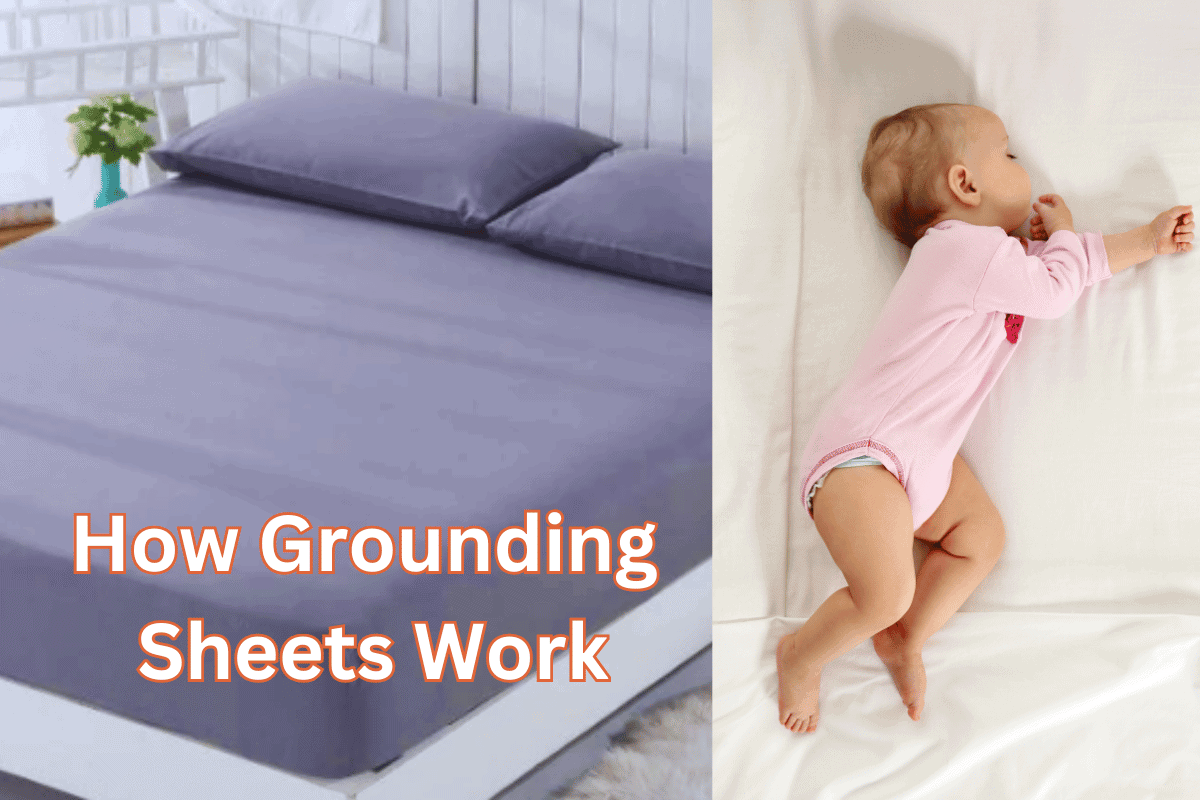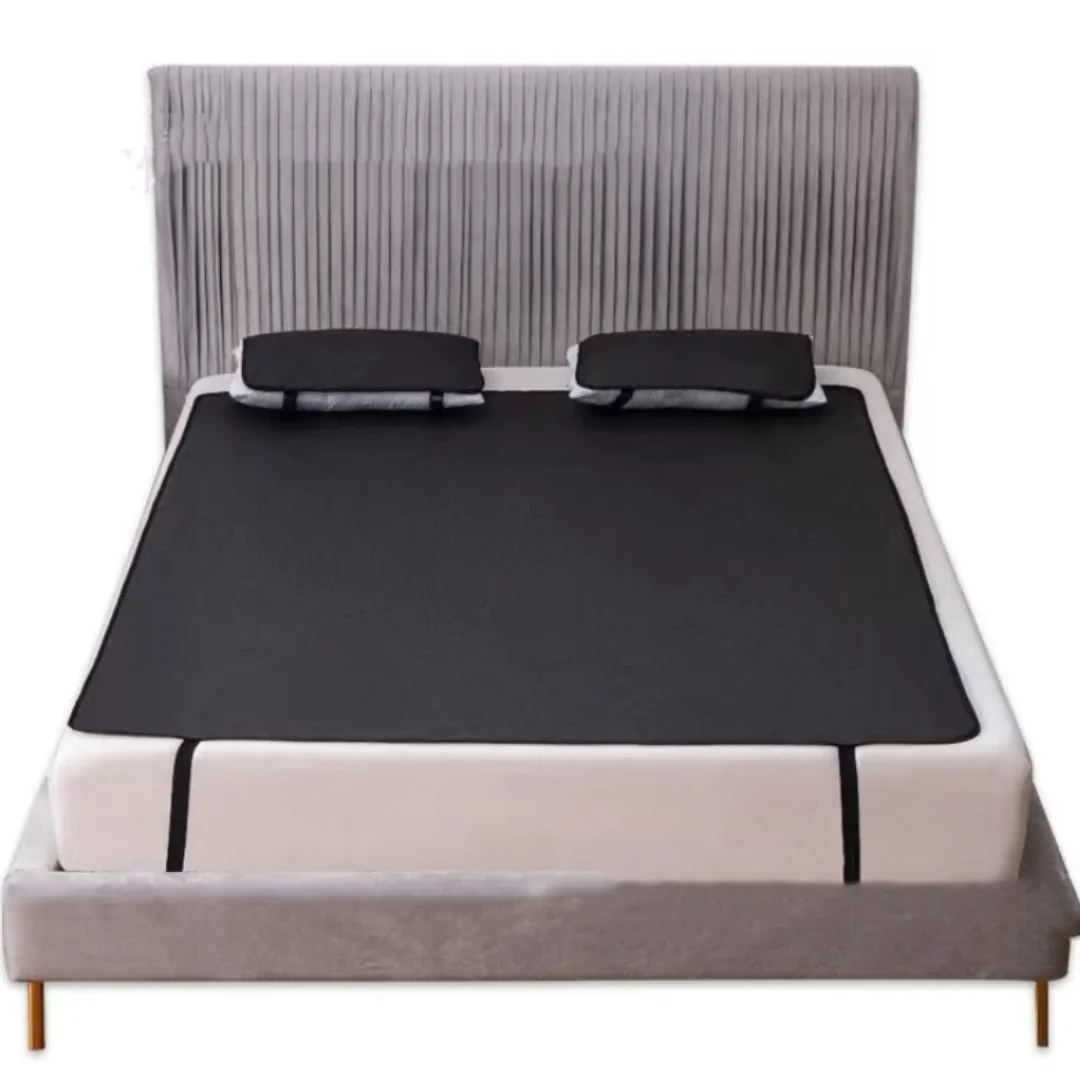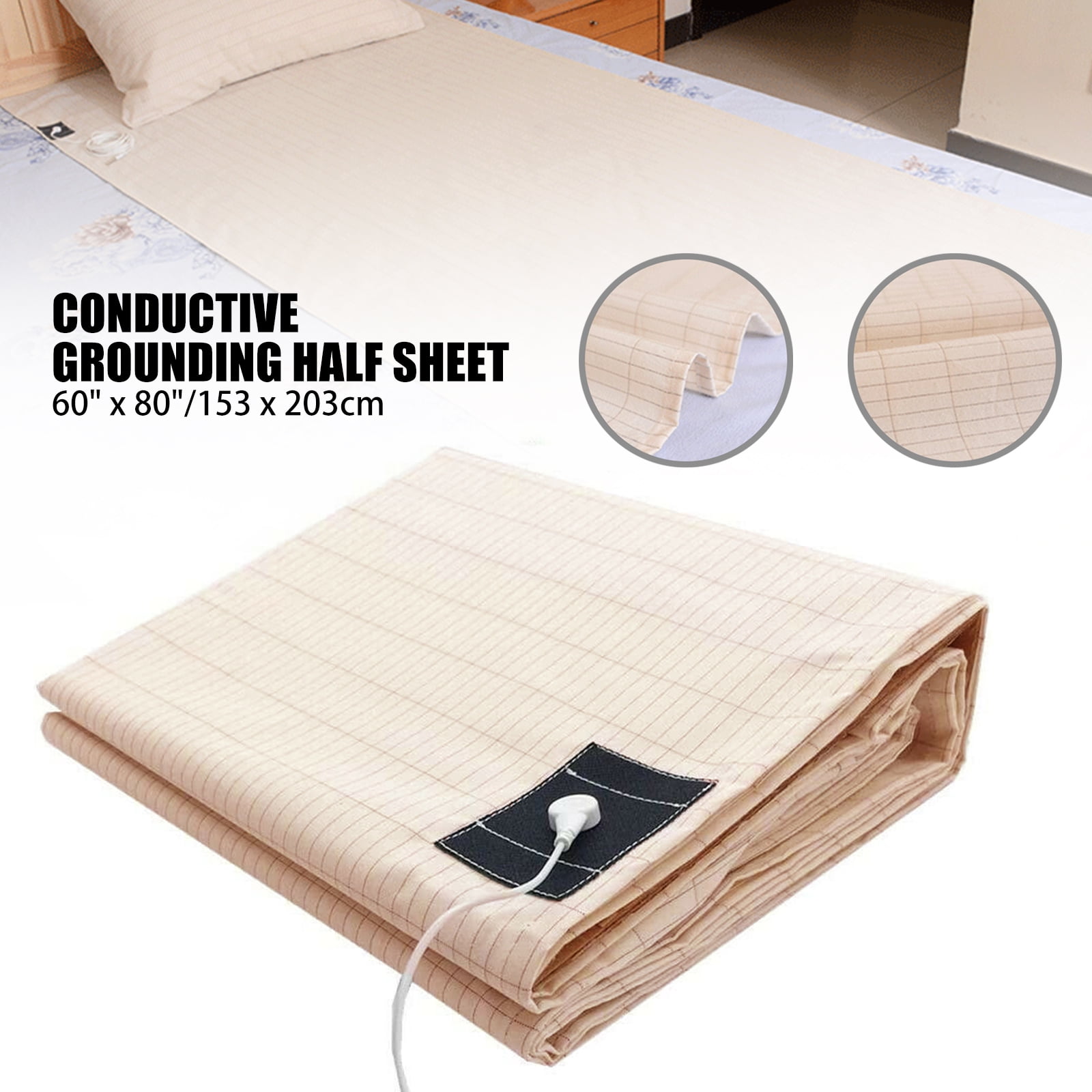How Do Grounding Sheets Compare To Other Sleep Aids

In a world increasingly plagued by sleep disturbances, from persistent insomnia to restless nights, individuals are constantly seeking effective and accessible solutions. While traditional sleep aids like medication and cognitive behavioral therapy remain prominent, a newer contender has entered the arena: grounding sheets.
These sheets, designed to connect users to the Earth's electrical charge during sleep, are marketed as a natural way to improve sleep quality. But how do grounding sheets truly stack up against established sleep aids, and what does the science say about their efficacy?
The Grounding Sheet Phenomenon: Rooted in Science or Wishful Thinking?
Grounding, also known as earthing, is based on the idea that direct contact with the Earth's surface electrons can have therapeutic effects. Proponents claim that grounding reduces inflammation, alleviates pain, and improves sleep by neutralizing free radicals and synchronizing the body's natural biological rhythms. Grounding sheets aim to mimic this effect by using conductive materials woven into the fabric, typically silver or carbon fibers, that connect to the ground through the outlet of an electrical socket.
The core claim is that this connection facilitates the transfer of electrons, promoting a more balanced and restful sleep. However, the scientific evidence supporting these claims remains limited and often debated.
A Look at the Existing Research
Several small studies have explored the potential benefits of grounding, including its impact on sleep. A 2004 study published in the journal *European Biology and Bioelectromagnetics* found that grounding during sleep normalized cortisol levels, a hormone involved in the stress response. Dr. Gaétan Chevalier, one of the study's authors, suggests this normalization could lead to improved sleep patterns.
Another study, published in the *Journal of Alternative and Complementary Medicine* in 2010, indicated that grounding could reduce pain and improve sleep quality. These studies often involve small sample sizes and self-reported data, raising questions about their generalizability and objectivity.
Critics argue that many grounding studies lack rigorous methodology, including proper blinding procedures, which are crucial for eliminating the placebo effect. They also highlight the need for larger, more comprehensive studies to confirm these initial findings.
Comparing Grounding Sheets to Traditional Sleep Aids
To understand where grounding sheets fit within the spectrum of sleep solutions, it's essential to compare them to more established methods. These include pharmacological interventions (sleep medications), cognitive behavioral therapy for insomnia (CBT-I), and lifestyle adjustments.
Pharmaceutical Interventions
Sleep medications, such as benzodiazepines and non-benzodiazepine hypnotics, are often prescribed for short-term insomnia relief. While these medications can be effective in inducing sleep, they come with potential side effects, including daytime drowsiness, dizziness, and the risk of dependence. Furthermore, they address symptoms rather than the root causes of insomnia.
Grounding sheets are presented as a natural alternative, potentially avoiding these adverse effects. However, the efficacy of grounding sheets is not as well-established or predictable as that of prescription medications. Many medical professionals recommend exploring other options before relying solely on grounding.
Cognitive Behavioral Therapy for Insomnia (CBT-I)
CBT-I is a structured program designed to address the underlying psychological and behavioral factors contributing to insomnia. It involves techniques such as stimulus control, sleep restriction, and cognitive restructuring to improve sleep patterns. CBT-I is considered a first-line treatment for chronic insomnia by organizations like the American Academy of Sleep Medicine.
Unlike grounding sheets, CBT-I has a robust body of evidence supporting its effectiveness. Grounding sheets may be a complementary approach for some individuals, but it shouldn’t replace CBT-I as the primary treatment, especially for chronic cases.
Lifestyle Adjustments
Simple lifestyle changes, such as maintaining a consistent sleep schedule, creating a relaxing bedtime routine, and avoiding caffeine and alcohol before bed, can significantly improve sleep quality. These strategies are often recommended as the first step in addressing sleep problems.
Grounding sheets could potentially be incorporated into a healthy sleep routine, although the evidence to prove this is not conclusive. The appeal of grounding sheets lies in their simplicity and perceived naturalness compared to more intrusive or complex interventions.
The Placebo Effect and Subjective Experiences
It's important to acknowledge the potential role of the placebo effect in the reported benefits of grounding sheets. If individuals believe that grounding sheets will improve their sleep, this expectation alone can lead to a perceived improvement, regardless of whether the sheets have any direct physiological effect. This is why double-blind, placebo-controlled studies are crucial in evaluating the true efficacy of any intervention.
Many users report positive experiences with grounding sheets, citing improved sleep quality, reduced pain, and a greater sense of well-being. While subjective experiences are valuable, they should be interpreted with caution. The Federal Trade Commission has taken action against companies making unsubstantiated health claims regarding grounding products.
The Future of Grounding Research and Acceptance
The field of grounding research is still in its early stages, and further investigation is needed to fully understand its potential benefits and mechanisms of action. Future studies should prioritize rigorous methodologies, larger sample sizes, and objective outcome measures.
Until more conclusive evidence emerges, grounding sheets should be viewed as a complementary approach to sleep improvement, rather than a standalone solution. Combining grounding with established sleep hygiene practices and professional medical advice is likely to yield the best results for individuals seeking to improve their sleep.
As research progresses and more data becomes available, the role of grounding sheets in the management of sleep disorders may become clearer. For now, individuals should approach grounding sheets with a healthy dose of skepticism and consider them as one tool among many in the pursuit of better sleep.




![How Do Grounding Sheets Compare To Other Sleep Aids Grounding/Earthing Sheet for Sleep and HRV [Results] - YouTube](https://i.ytimg.com/vi/LkNxkQb00GM/maxresdefault.jpg)













